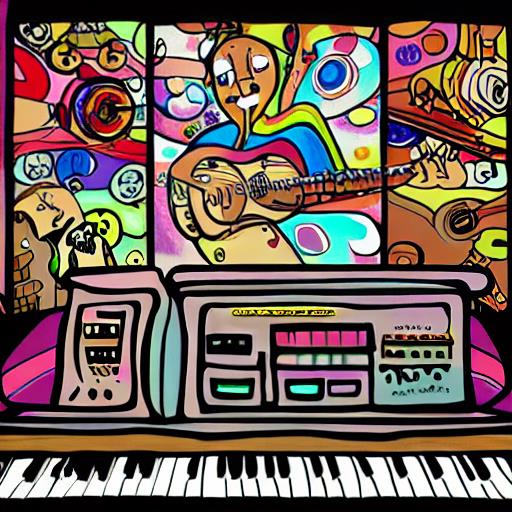A Musical Journey to RecoveryMusic has long been recognized for its ability to soothe the soul, uplift the spirits, and promote well-being.
However, research is increasingly demonstrating the therapeutic power of music, particularly in the realm of recovery from addiction.
The Connection Between Music and AddictionAddiction is a complex disorder that affects millions worldwide.
It can lead to physical, emotional, and psychological distress.
One of the key features of addiction is the intense cravings that individuals experience, which can be difficult to resist.
Music has been found to have a unique ability to interrupt these cravings and redirect the brain’s focus.
The rhythmic nature of music, combined with its emotional resonance, can create a sense of calm and reduce feelings of anxiety and stress.
Additionally, music can stimulate the release of endorphins, which have mood-boosting and pain-relieving effects.
Music Therapy in RecoveryMusic therapy is a specific form of psychotherapy that utilizes music to address a variety of mental health and behavioral issues.
In the context of addiction recovery, music therapy can:
Reduce cravings:
Music can be used to create a sense of distraction and relaxation, which can help to weaken the hold of cravings.
Improve emotional regulation:
Music therapy can provide a safe and non-judgmental space for individuals to express and process their emotions related to addiction.
Enhance self-esteem:
Music therapy can boost self-confidence and empower individuals by giving them the opportunity to express themselves creatively.
Foster social connections:
Music therapy often involves group sessions, which can help individuals to connect with others who are going through similar experiences.
Case Study:
The Healing Journey of EmilyEmily, a 28-year-old woman, had been struggling with addiction for several years.
She had tried numerous treatment programs without success.
As a last resort, she decided to give music therapy a try.
Emily found that music therapy provided her with a sense of hope and belonging that she had never experienced before.
She began playing the guitar and singing, and she found that her music helped her to process her emotions and to connect with her true self.
Over time, Emily’s cravings gradually diminished, and she began to rebuild her life.
ConclusionMusic is a powerful tool that can be harnessed for the healing and recovery from addiction.
Music therapy can provide individuals with a safe and supportive space to address the challenges of addiction, improve their emotional well-being, and foster a path toward lasting recovery.
By incorporating music into addiction treatment programs, individuals can find solace, strength, and hope on their journey to a healthier and more fulfilling life.

